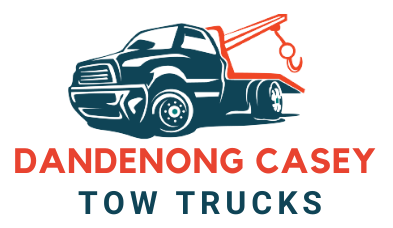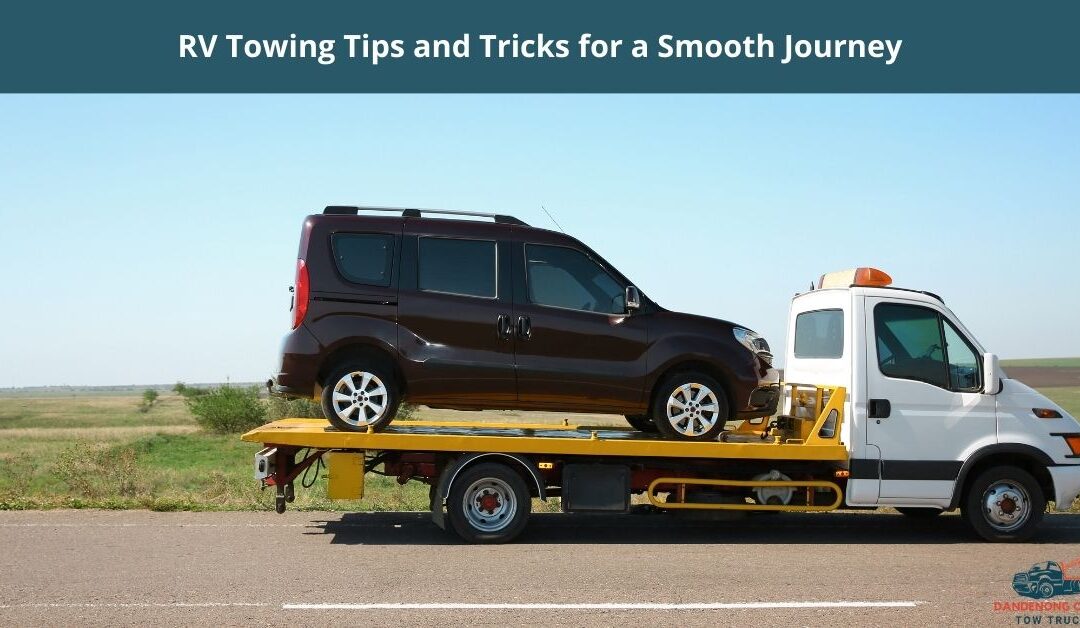Embarking on a journey with your RV can be an exciting adventure, but towing a large and heavy vehicle comes with its unique set of challenges. Whether you’re a seasoned RV enthusiast or a novice on the road, mastering the art of RV towing is essential for a safe and enjoyable travel experience. In this article, we’ll explore a range of tips and tricks to ensure your RV towing journey is smooth, stress-free, and filled with memorable moments.
Know Your RV’s Tow Capacity:
Before hitting the road, familiarize yourself with your RV’s tow capacity. Understanding the maximum weight your RV can tow ensures you choose the right trailer or towed vehicle and prevents overloading, which can lead to safety hazards and mechanical issues.
Invest in Quality Towing Equipment:
Ensure you have the proper towing equipment, including a high-quality hitch, sway bars, weight distribution systems, and safety chains. Investing in reliable towing accessories enhances stability, reduces sway, and ensures a secure connection between your RV and the towed vehicle.
Practice Safe Loading and Weight Distribution:
Proper weight distribution is crucial for maintaining control while towing. Distribute the weight evenly within the RV and the towed vehicle, placing heavier items low and towards the front. Avoid exceeding weight limits and regularly check for proper weight distribution.
Master the Art of Backing Up:
Backing up an RV can be challenging, especially when towing a trailer. Practice backing up in an open space to gain confidence and improve your skills. Consider installing a backup camera to enhance visibility and make maneuvering in tight spaces easier.
Check Tire Pressure Regularly:
Maintain proper tire pressure in both your RV and the towed vehicle. Underinflated tires can lead to poor handling, reduced fuel efficiency, and increased risk of blowouts. Regularly inspect tires for wear and replace them when necessary.
Allow for Extra Stopping Distance:
Towing adds extra weight and length to your RV, requiring increased stopping distance. Anticipate stops and start slowing down well in advance. Practice smooth braking to avoid sudden jolts and ensure the safety of both your RV and the towed vehicle.
Be Mindful of Height Clearance:
RVs often have a taller profile, and towing a trailer adds extra height. Pay attention to height clearance signs, especially when passing under bridges, tunnels, or entering parking garages. Know the total height of your RV and take alternate routes if needed.
Check State Towing Regulations:
Different states may have specific towing regulations, including speed limits, trailer length restrictions, and additional licensing requirements. Research and familiarize yourself with the towing regulations of the states you plan to visit to avoid legal issues and ensure a smooth journey.
Plan Your Route and Rest Stops:
Plan your route in advance, considering the terrain, road conditions, and potential challenges for RV towing. Identify RV-friendly rest stops and fuel stations with ample space for maneuvering. Break up long drives to prevent fatigue and enhance overall safety.
Be Weather-Wise:
Weather conditions can significantly impact RV towing. Be cautious during strong winds, rain, or snow, as these conditions can affect stability. Check weather forecasts before your journey and consider postponing or adjusting your travel plans if severe weather is expected.
Conclusion:
Mastering the art of RV towing requires preparation, practice, and attention to detail. By following these tips and tricks, you’ll enhance the safety, stability, and overall enjoyment of your RV journey. Whether you’re navigating scenic routes or tackling long highways, a smooth RV towing experience awaits when armed with the right knowledge and preparation.
If you are in Springvale, Victoria 3171, and looking for a car removal service, this is the best way to visit us.
Contact Us
Dandenong Casey Tow Trucks
50 Fitzgerald Road
Hallam VIC 3803
(03) 7042 2011


Recent Comments